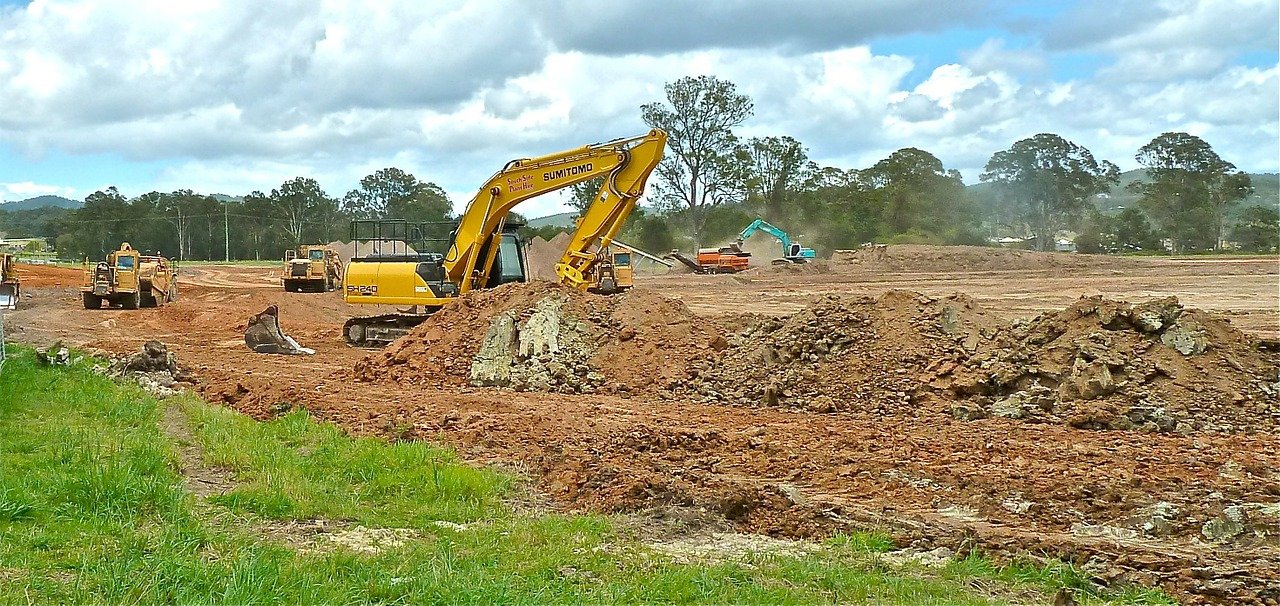3 Best Civil Engineering Courses to Study in South Africa during 2025: Civil Engineering focuses on the infrastructure and the general look of a city. Civil engineers aren’t architects, per se, as ones are artists and dreamers, while the other ones are laughing at them and focus more on the practical and structural elements.
What do Civil Engineers do: Watch Video
List of Civil Engineering Courses to Study in 2025 at South African Institutions
- Wits Civil Engineering Course – In the first two years of study, you will focus on developing competencies in mathematics, science, computing, communication, and engineering design/problem-solving. In your third and fourth years, you will take courses in Geotechnical Engineering, Hydrology, Hydraulics, Infrastructure Planning and Management, Structural Engineering, and Construction Materials….read more about this course
- Civil Engineering Degree at the University of Cape Town – The Department of Civil Engineering offers a 4-year Bachelor of Science (Eng) in Civil Engineering. Students learn about the various civil engineering areas during lectures and also have practical sessions in labs. These involve the investigation of the properties of various construction materials, soil behaviour and foundation design, behaviour of structural members under different loads, water quality and waste treatment. During vacations, students are expected to do practical training involving both site work and design office experience. The course also includes a survey camp covering basic survey operations and the preparation of a site plan. This degree is accredited by the Engineering Council of South Africa (ECSA) and recognised throughout the world in terms of the Washington Accord….read more about this course.
- Civil Engineering programme at DUT – The purpose of the Civil Engineering programme is for students to assimilate the necessary knowledge, understanding, and skills of civil engineering and the ability to make a contribution to the economy and national development. This combined with a period of post-qualification mentored work experience will enable them to become competent practicing civil engineering technologists, able to apply engineering judgment and work independently and responsibly. The qualification also provides students with the educational base required for registration with ECSA as a Professional Engineering Technologist….read more about this course





